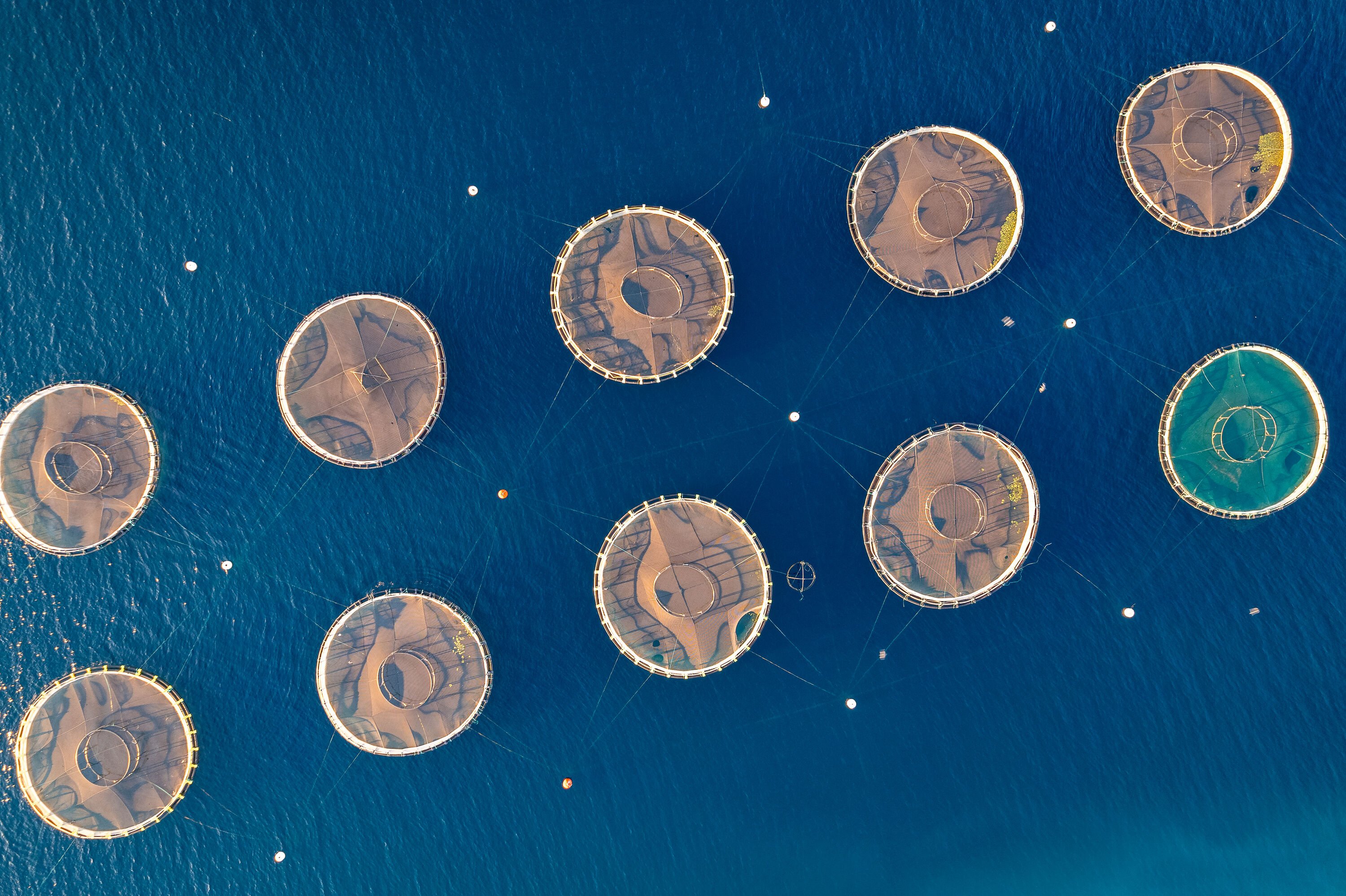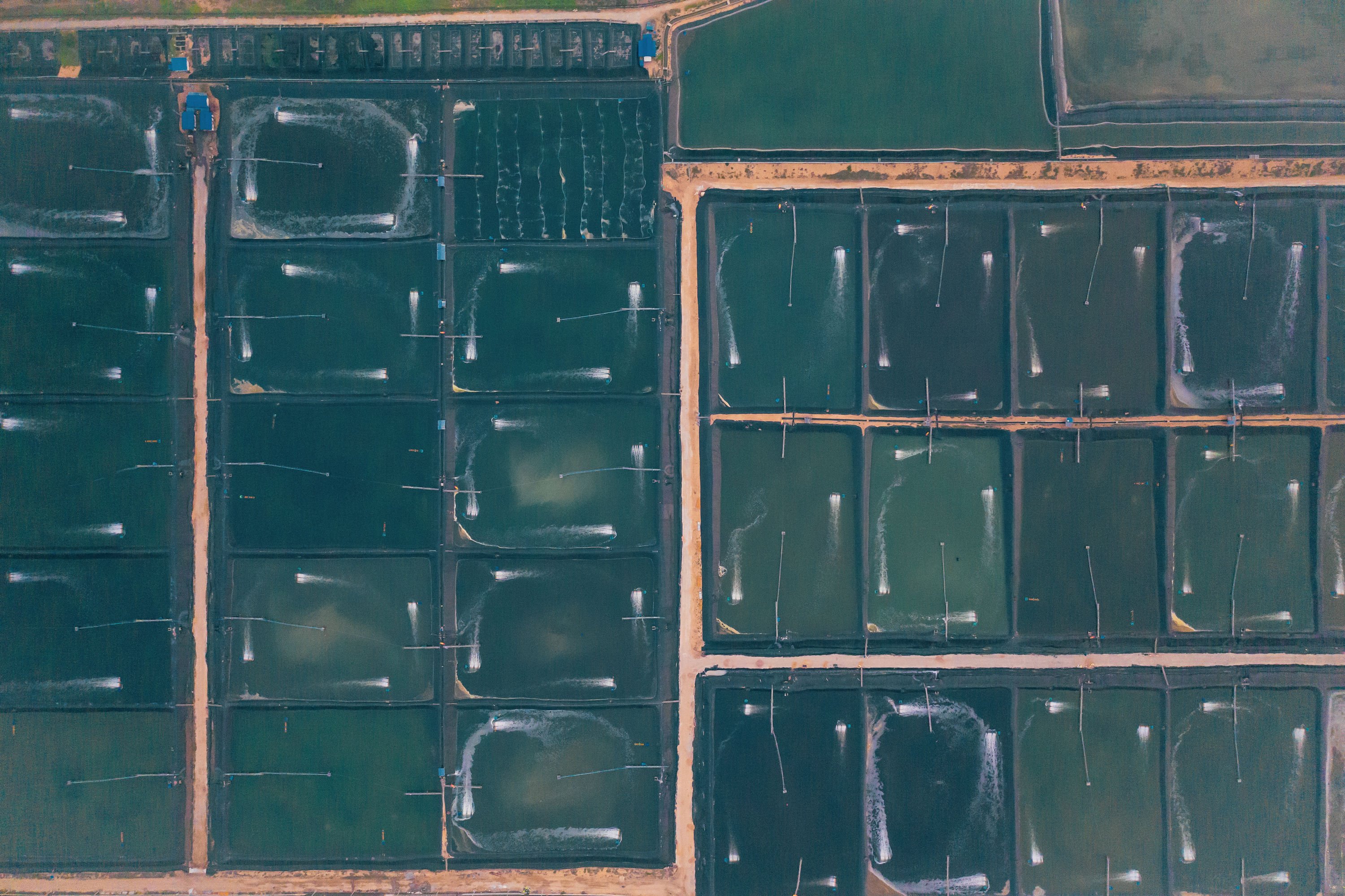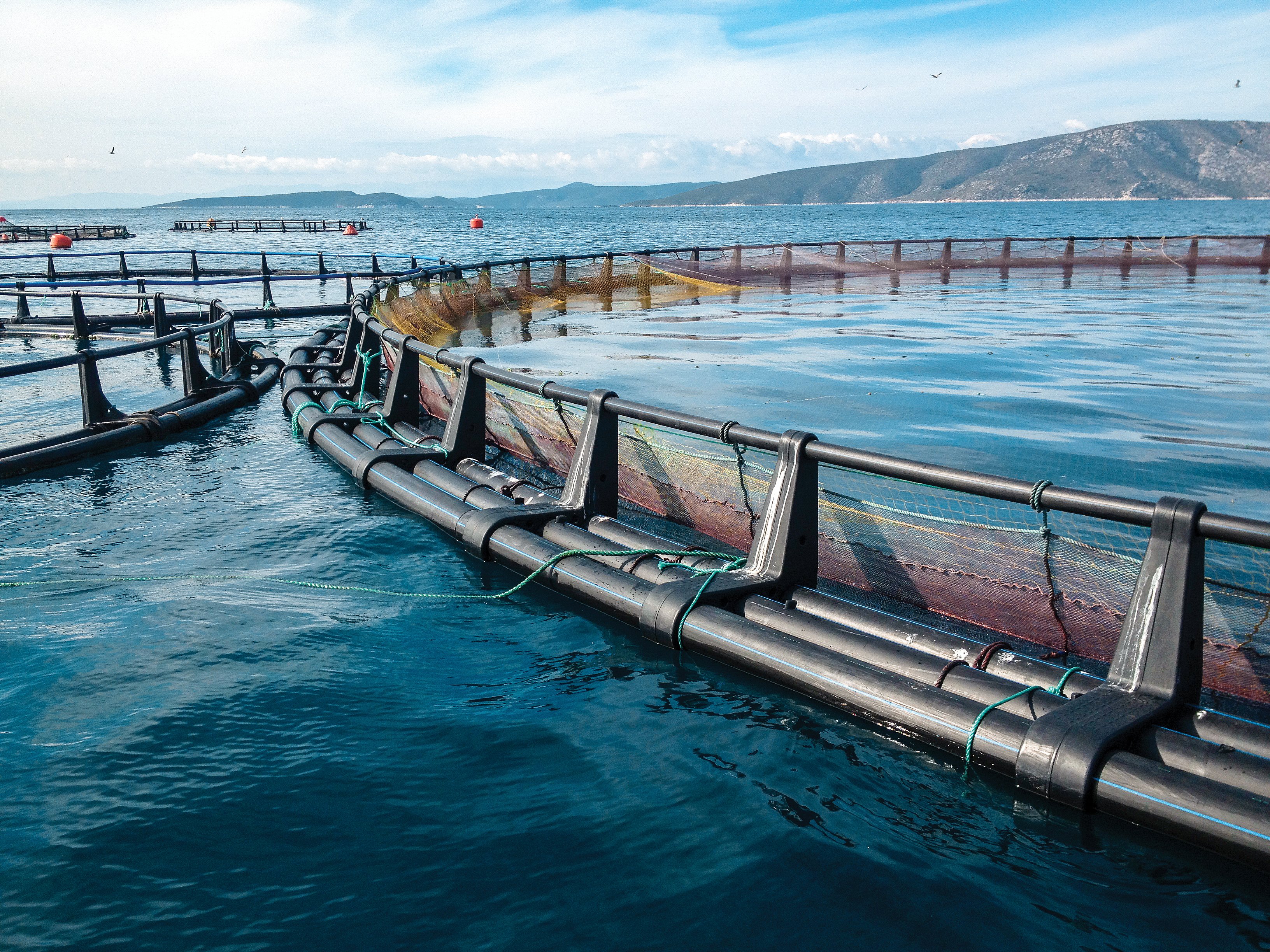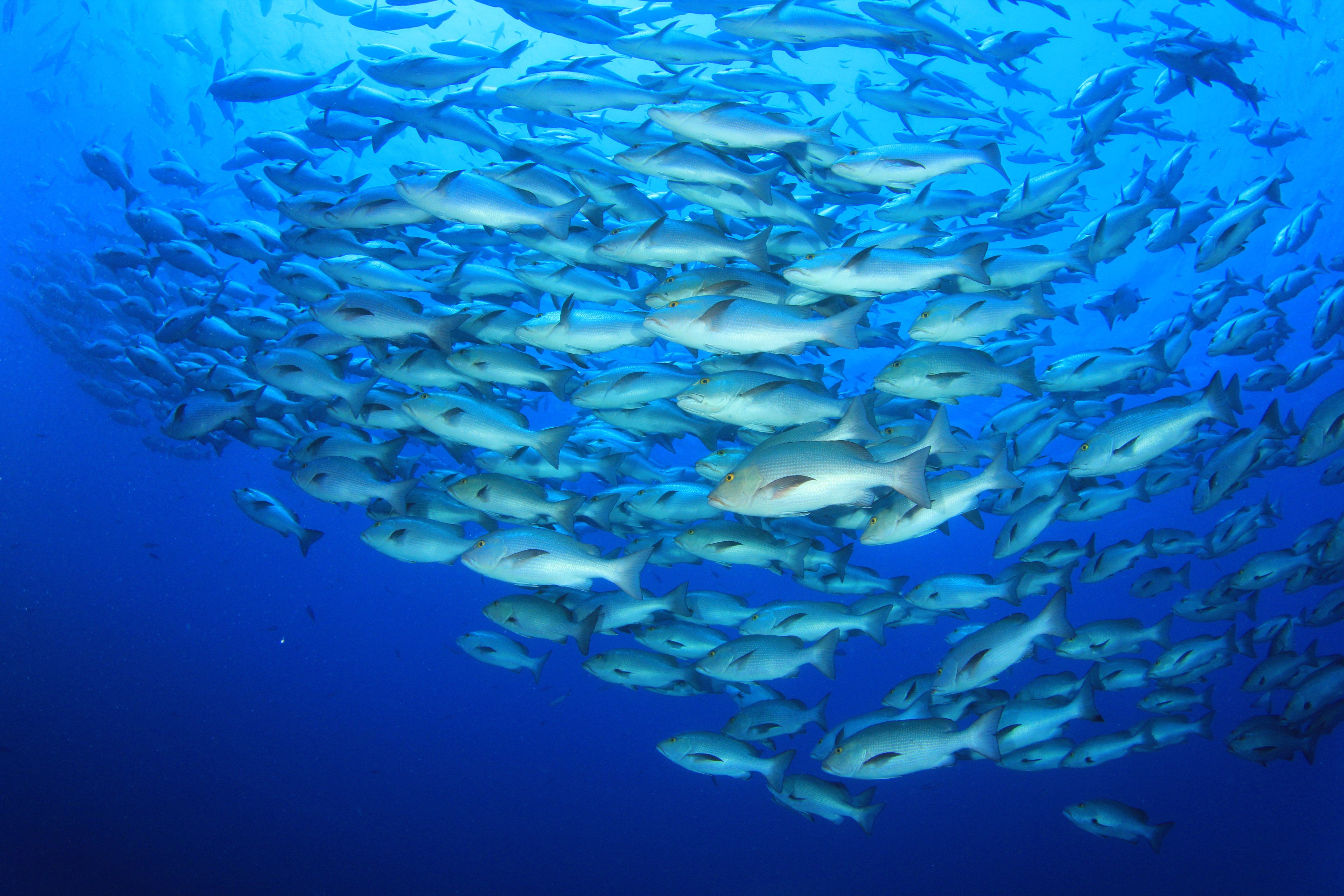The ASC SDG report: Promoting transparency within aquaculture
The 17 UN Sustainable Development Goals (SDGs) are at the heart of the 2030 Agenda for Sustainable Development and it's hard to overstate their importance.
We created an innovate methodology to map our performance against the SDGs within our ‘sphere of influence’ and quantified how each of the SDGs and SDG targets are addressed, also highlighting where there is room for improvement.
Read on to see how we did!
What do the SDGs mean for Aquaculture?
The SDGs consist of 17 goals with 169 targets which provide a shared blueprint for peace and prosperity for people and the planet, now and into the future.
Aquaculture is already feeding billions, and its contribution will continue to grow but the benefits must not be outweighed by negative environmental and social impacts
To ensure positive impacts, aquaculture, like all global industries, can and must do its part to verifiably deliver the SDGs by 2030
SDGs & ASC
Going above and beyond
All aquaculture naturally delivers on some SDGs more than others, but the benefits could be mitigated or even outweighed by negative social and environmental impacts.
ASC and certified operations address impacts and many SDG targets holistically, ensuring we have a verifiable positive impacts.
What makes ASC different?
Claims made without transparent verification do not have the same credibility. Our commitments to transparency are unique in the realm of aquaculture eco-certification and include public availability of farm production data and all audit reports.
The ASC standards also contribute towards ensuring farms’ social responsibility towards their employees, local communities (including indigenous people); covering labour and human rights, and engagement with those who may be impacted by the operations of the farm or feed mill; ensuring that access to resources is maintained and that complaint mechanisms are in place.
ASC certification – requiring demonstrable and meaningful performance levels - can provide verifiable SDG data and the most credible claims on delivering the SDGs.
Gap Analysis

17
Goals
SDG 1
No Poverty
End poverty in
all its forms
everywhere
SDG 2
Zero Hunger
End hunger, achieve food security and improved nutrition and promote sustainable agriculture
SDG 3
Good Health and
Well-being
Ensure healthy lives and promote well-being for all at all ages
SDG 4
Quality Education
Ensure inclusive and equitable quality education and promote lifelong learning opportunities
for all
SDG 5
Gender Equality
Achieve gender equality and empower all women
and girls
SDG 6
Clean Water and Sanitation
Ensure availability and sustainable management of water and sanitation for all
SDG 7
Affordable and
Clean Energy
Ensure access to affordable, reliable, sustainable and modern energy for all
SDG 8
Decent Work and
Economic Growth
Promote sustained, inclusive and sustainable economic growth, full and productive employment and decent work for all
SDG 9
Industry, Innovation
and Infrastructure
Build resilient infrastructure, promote inclusive and sustainable industrialization and foster innovation
SDG 10
Reduced Inequalities
Reduce inequality within and among countries
SDG 11
Sustainable Cities
and Communities
Make cities and human settlements inclusive, safe, resilient and
sustainable
SDG 12
Sustainable Consumption and Production
Ensure sustainable consumption and production patterns
SDG 13
Climate Action
Take urgent action to combat climate change and its impacts
SDG 14
Life Below Water
Conserve and sustainably use the oceans, seas and marine resources for sustainable development
SDG 15
Life On Land
Protect, restore and promote sustainable use of terrestrial ecosystems, sustainably manage forests, combat desertification, and halt and reverse land degradation and halt biodiversity loss
SDG 16
Peace, Justice and
Strong Institutions
Promote peaceful and inclusive societies for sustainable development, provide ccess to justice for all and build effective, accountable and inclusive institutions at all levels
SDG 17
Partnerships
for the Goals
Strengthen the means of implementation and revitalize the Global Partnership for Sustainable Development
THE GOALS

See Methodology
See Methodology


SDG performance of ASC verified and transparent aquaculture
SDG performance of non-verified and non-transparent generic aqauculture

SeaChoice, 2021 report on aquaculture certification programmes


ASC was found to be the most inclusive and transparent eco-certification.

SDG Mission Statement
The SDGs are a shared blueprint for peace and prosperity for people and the planet, now and into the future.

European Commission on
“The European Green Deal” 2019
Companies making green claims should substantiate these against a standard methodology to assess their impact on the environment.

100%
of the 169 SDG targets are addressed by ASC’s work
80%
of addressed targets are addressed Well or Very Well by our work
2,780
improvements were made by ASC certified farms in 2021








ASC is contributing to the following SDGs in a particularly strong and demonstrable way:
The ASC programme also aligns strongly with targets related to:




ASC certifies 640 farms in low-medium income countries, providing employment and fair wages to thousands of employees.

ASC standards prohibit the use of forced, and child labour and promote human rights in the workplace and decent work for everyone.

Stakeholders from 35 countries provided feedback through ASC’s consultations in 2021.

ASC has developed an online tool to consistently measure and characterise
the GHG impact of aquaculture.

ASC certified farm sites produce a harvested volume of 2.4 million tonnes of seafood and seaweed per year.

ASC standards mandate protection and at times restoration of surrounding water ecosystems, and access to clean water for all employees living on site.

There was a 58.7% year on year uplift in the volume of ASC certified seafood in 2021, due to increased demand for
sustainable products.

The continued growth of ASC certified seafood alleviates pressure on our oceans, while delivering on market
demands.

ASC standards require plant feed ingredients to be deforestation-free. ASC works to protect groundwater sources and wildlife.

ASC's certification process involves feedback from local and indigenous communities, and
producers must proactively engage in meaningful consultation with these groups.

In 2021, ASC collaborated with over 230 commercial and non commercial partners.

See Methodology

See Methodology




Download full report

Download full report

We are making this methodology publicly available. We urge all organisations and industries claiming and aiming to be sustainable to start quantifiably mapping and publishing their progress towards the SDGs.
We intend to undertake a materiality assessment and analysis of our SDG performance annually and welcome suggestions that might help to improve the methodology going forward.

Become ASC certified and join the most robust and transparent global aquaculture eco-certification programme

Learn more

Sign up to our monthly digest to stay up to date on developments within the ASC programme and the aquaculture space

Sign up

As a stakeholder you can comment on farm audits, pilot projects and our standards in development or review

Get involved
Lorem ipsum dolor sit amet, consectetur adipiscing elit, sed do eiusmod tempor incididunt ut labore et dolore magna aliqua. Ut enim ad minim veniam, quis nostrud.
Lorem ipsum
sit dolor amet
Lorem ipsum dolor



Download full report

Download full report

82 of 169 targets (49%) are addressed
80% are addressed Well or Very Well
All SDGs are addressed by ASC's work
What's Next?
A path to new opportunities
Delivery on the SDGs has slowed due to the triple threat of Covid-19, conflict and climate change. Industries must become radically transparent to be seen as credible in an uncertain future.
Our methodology provides a roadmap towards transparent, credible SDG alignment, to help those using it gain a Social License to Operate (SLO) and fulfill ESG requirements.
Join us! Let's work towards a sustainable future together.
Performance
Compare:
Out of scope
Poor & Partial
Good
Very Good
Target Performance
0%
10%
20%
30%
40%
50%
60%
70%
80%
0%
10%
20%
30%
40%
50%
60%
70%
80%
90%
49%
0
100
500
1000
1500
2000
2500
2,700
2,750
2,770
2,780

















Targets
(Generic) aquaculture
ASC
Compare:
Click on the SDG tiles
to find out more













We would welcome any and all feedback in view of improving the next iteration of this report and better understanding the relevance of SDG reporting to our stakeholders. Please contact:


Bertrand Charron,
ASC Director of Market Research and Insights
Clare Stevens,
Senior Coordinator Social Standards
49%